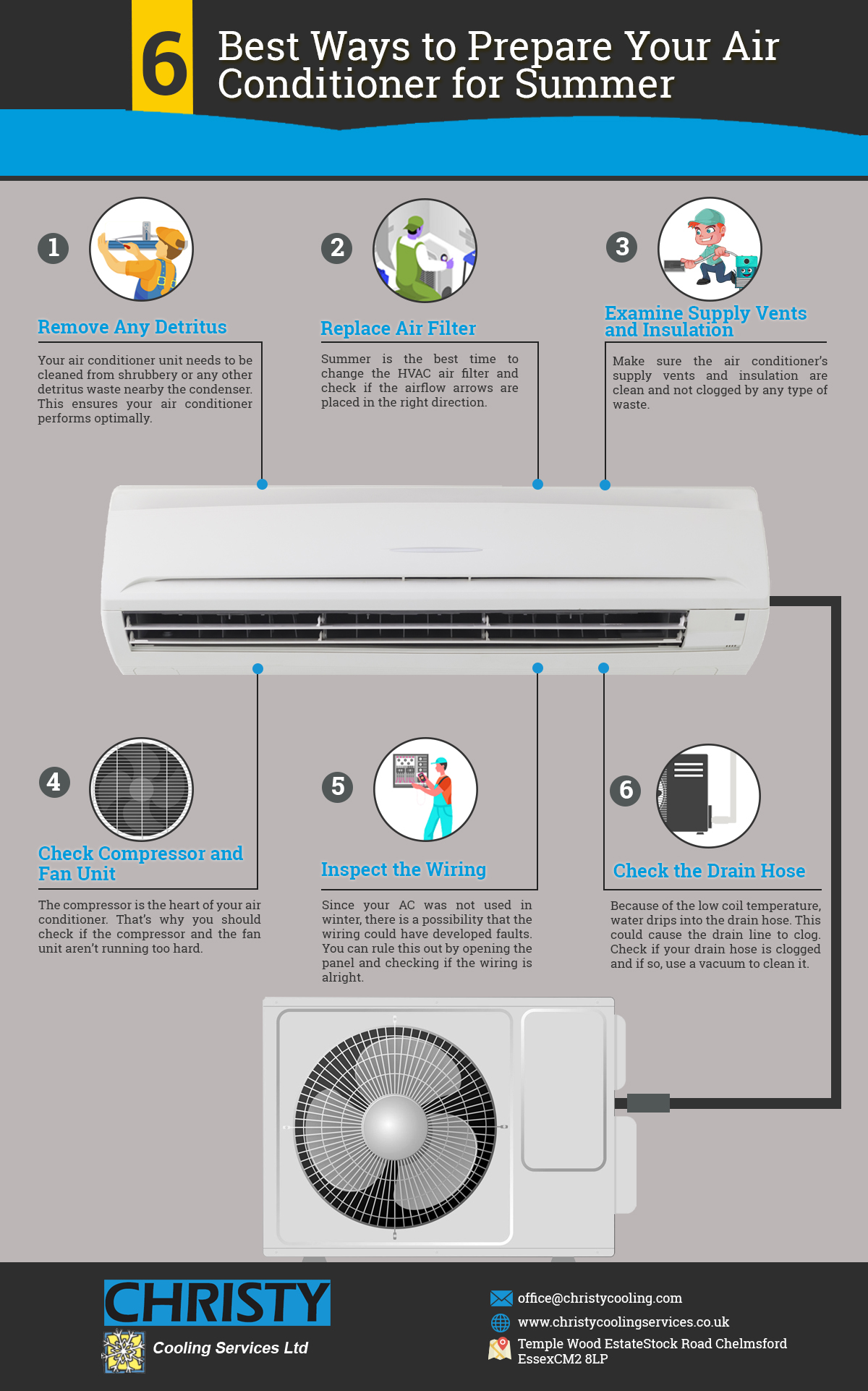Discovering The Environmental Benefits Of Warmth Pumps - A Sustainable Heating Option
Discovering The Environmental Benefits Of Warmth Pumps - A Sustainable Heating Option
Blog Article
Short Article Produced By-Forsyth Zhou
In an era where sustainability and energy effectiveness are vital, numerous services look for eco-friendly home heating remedies. One such solution is the heatpump.
A heat pump removes the warmth in its environments and pumps it right into your home, leading to among one of the most efficient environment-friendly main heater around. This procedure additionally creates absolutely no greenhouse gas exhausts, making it an extremely lasting modern technology.
Energy Effectiveness
Heat pumps are very energy efficient and need little maintenance. They use less electricity than various other heater and are by far one of the most eco-friendly. They work well with roof solar and can commonly pay for themselves in energy savings alone.
They can additionally supply air conditioning, which is terrific for garage workshops, attic room hangouts and benefit spaces, and home additions without extending the existing ductwork. They can also be utilized for retrofits in existing homes with hydronic (water-based) distribution systems such as reduced temperature level radiators or radiant floors.
Seek designs with SEER and HSPF rankings that fulfill or surpass copyright's minimum standards, along with the requirements in your area. ducted air conditioning indicate higher efficiency, which conserves you cash over time and reduces your carbon footprint. You might also qualify for discounts and rewards! relevant internet site are those with a ground heat exchanger for included effectiveness. These units can absorb thermal energy from the ground throughout the wintertime and extract it in the summer season.
Reduced Greenhouse Gas Emissions
Heat pumps work on electrical power and essentially move warm from the air, also when it's chilly exterior. They have the ability to remove the cost-free warmth entraped in air fragments and relocate them indoors, decreasing moisture while doing so.
Compared to gas furnaces, modern heat pumps use less than one kilowatt of electrical power per kilowatt of heating power they create. This makes them one of the most energy efficient home heating choice offered with a POLICE (Coefficient of Performance) of four or even more. By slashing the demand for nonrenewable fuel sources, heat pumps help reduce greenhouse gas exhausts and reduce other significant air pollutants.
Building decarbonization is a global important, and the heating and cooling market is a crucial motorist of that process. Whether it's investor making web no commitments, plan manufacturers establishing emissions limitations, or tenants demanding greener spaces, electrical heat pumps are being identified as a crucial solution. They are an affordable means to reduce carbon exhausts by eliminating the requirement for nonrenewable fuel sources in structures.
Flexibility
Heat pumps can be utilized in numerous sorts of homes and buildings-- with or without ducts. They work with hot-water radiators, air-conditioning and programmable thermostats. They can replace furnaces or be set up in new residences. They can work on photovoltaic panels, geothermal systems or perhaps district heating sources like wastewater.
a knockout post at supplying even more heat per power system. For instance, an air-source heatpump produces as much as three or more heating systems from each electricity device it takes in.
Getting one of the most from your heat pump will certainly depend on your environment area and top quality of insulation. Search for versions with power celebrity ratings and compare their SEER or HSPF specifications. In warmer environments, concentrate on SEER; in cooler regions, think about a system with a greater HSPF score. In addition, buy air securing and insulation to reduce the tons on your heat pump. That will enhance power efficiency and help you reach your Internet Absolutely no objectives faster.
Biomass Boilers
Biomass boilers make use of wood pellets, chips or logs to develop warmth and hot water. They are a great selection for off-grid homes or those that want to leave the gas grid.
As a standalone heater, biomass can supply enough power to maintain your home cozy all year round without the typical heat drop off of other renewable modern technologies. They can likewise be made use of combined with solar panels to increase financial savings and gain from RHI payments.
A disadvantage of these systems is the in advance expense and normal gas distributions. Often, pellets will need to be blown right into a gas store utilizing a vacuum system or they can be manually fed into the boiler via a hopper. Logs are typically self-sourced from neighboring timberland or gotten wholesale. In addition to this, they require hand-operated loading and might require cleaning often.